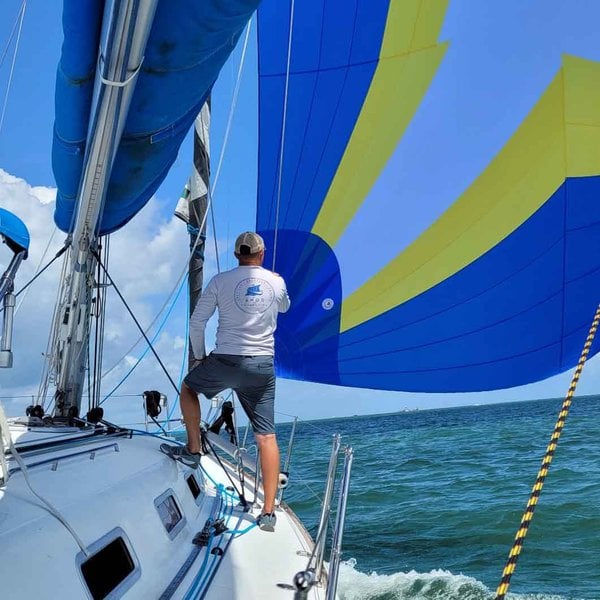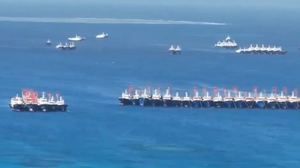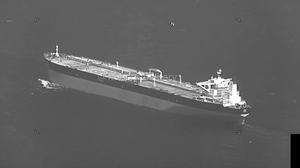
Chinese Blockade in Filipino Waters
Published 11 months ago
China increased its presence in the South China Sea to 135 vessels, mostly fishing and Maritime Militia Fishing Vessels (MMFV). The vessels are “rafted up,” or moored together around the Whitsun Reef in the South China Sea, denying access to vessels of other nations. The Philippine Coast Guard dispatched two vessels to the region to monitor this situation.
China’s vast fishing fleet is a critical component of Chinese sea power and assists in pursuing maritime interests in disputed waters and is an instrument of greyzone warfare. The fishing fleet and MMFVs assist China in laying claim to territorial features and assisting zones of control, either by establishing a precedent of commercial activity or by physically denying access to vessels from other nations. The backbone of the MMFV fleet are Spratley Backbone Fishing Vessels, between 45 and 65 meters long, many of which are privately owned and subsidized by the Chinese government. Violence perpetrated by MMFV vessels usually consists of dangerous maneuvers, ramming, or the use of water cannons, though some units are equipped with anti-aircraft weapons and sea mines.
The use of its fishing fleet and MMFV vessels is part of a broader attempt by the PLA to expand its zone of control while both manipulation and flaunting international law. This is similar to the manner in which China lays claim to undersea reefs and atolls, and then builds upon them until they become islands, barely above the surface. These new territories then become home to military installations and are used by China as justification to claim exclusive jurisdiction to the surrounding sea and air space. These actions have extended Chinese influence and military activity into the waters of neighboring countries like the Philippines, Taiwan, Brunei, and others, and allow the PLA to position naval and air forces so that they can threaten or interdict maritime traffic in what used to be international waters. The U.S. Navy regularly flaunts Chinese claims by traversing these contested areas to demonstrate freedom of navigation.
Chinese actions in the South China Sea are part of a global trend of territorial encroachment by authoritarian regimes, actions which most effectively countered by coalitions of allied partners. The Philippines has mutual defense treaties with the U.S. and Australia, and the current U.S. administration has made progress in forging a broader coalition of regional powers, including Japan and South Korea. Just as NATO has sought to maintain security in Europe, so must democratic nations in the Pacific Rim find a collective strategy to counter Chinese aggression. Failure to do so would result in Chinese regional hegemony that would have very real security and economic consequences for all parties involved, including the United States.
About the Author

Cam
Cam served as an infantry officer in the Marine Corps, deploying to the Horn of Africa and participating in combat operations in Iraq. He currently works in the maritime industry and in the defense sector as an instructor of combined arms planning and operations. An avid sailor, Cam founded and directs Triumph Sailing, a nonprofit that supports veterans and first responders through adventure and fellowship on the water. Triumph Sailing just completed its big yearly event, an offshore race in the Gulf of Mexico with an all veteran crew. You can support the mission and next year's sailing season at Tri-Sail.Org.






